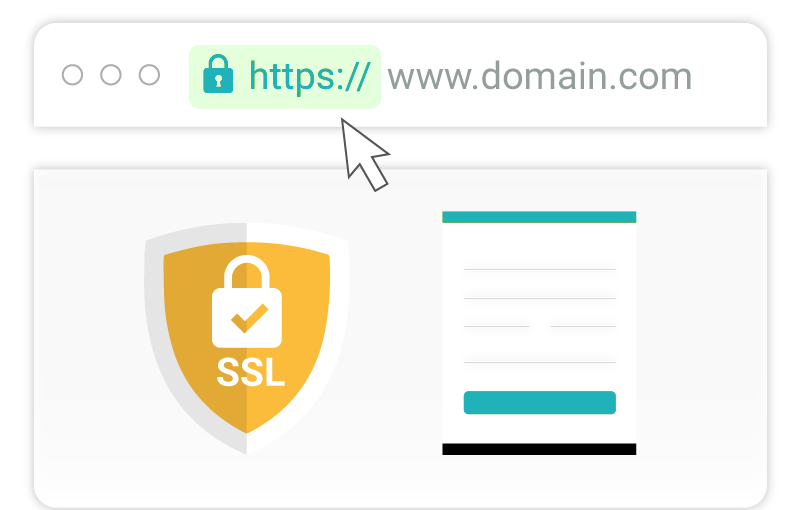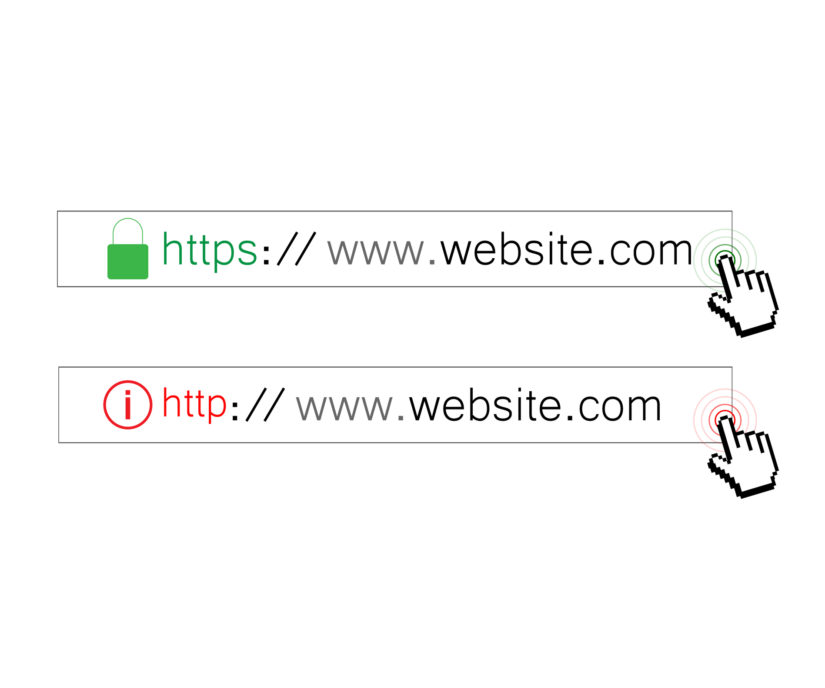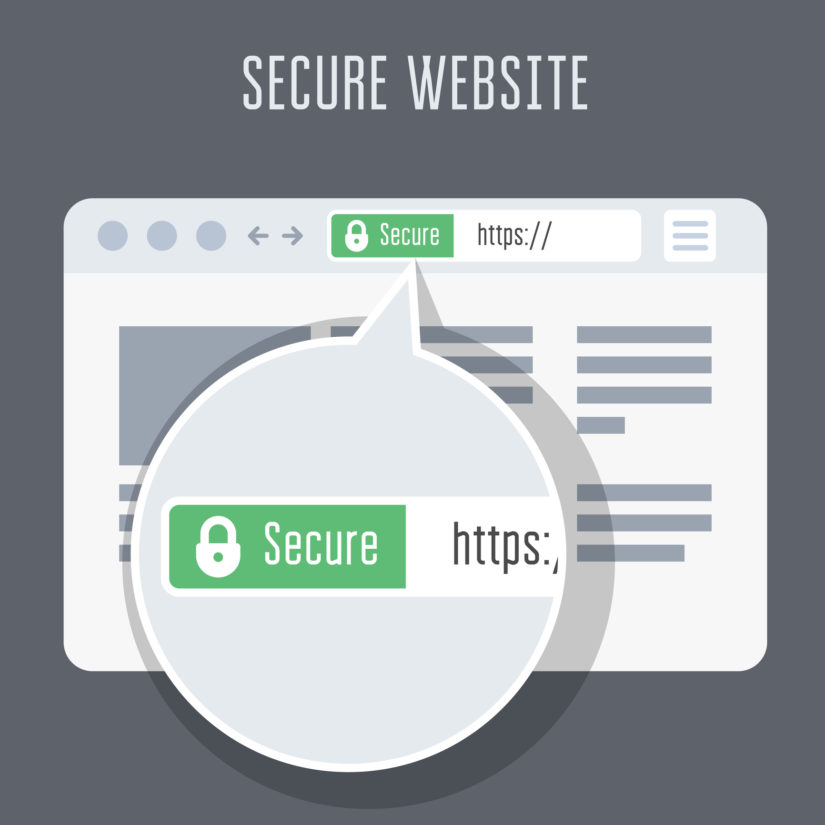
The short answer: YES!
Is it absolutely necessary? Not really, no. However, it is a very good idea, and for several reasons. But before we consider why, let’s take a deeper look into HTTPS.
What Is an SSL Certificate?
SSL Certificates are necessary to enable HTTPS on your website. They are small digital files that are stored on your server to offer a sort of proof of identification and provide authentication for your domain. You can almost think of it like a driver’s license, but for your website.
“SSL” is an acronym that means “Secure Sockets Layer”. It works by encrypting the data that is communicated between the server and the web browser, and in turn, this helps to keep personal, and sometimes sensitive, information about your website’s visitors safe and secure.
Why You Should Install an SSL Certificate

You’ve probably been able to guess the main reason by now. The most important reason to install an SSL certificate is to help make your website as secure as possible. Hackers and cybercriminals try to exploit every vulnerability in order to hijack a site to redirect visitors towards a “copy-cat” website without their knowledge.
Usually, this is with the intent of stealing their personal information. The good news is, internet users can easily identify secured sites the URL begins with “https”. Sites that are not secured begin with “http”.
Since Google made updates in July 2018, every website with the prefix HTTP rather than HTTPS now displays in browsers with a “Not Secure” warning.

Some web browsers like Google Chrome make the distinction more readily obvious by showing a green little padlock icon and highlighting the “https” in green. Non-secured sites will have an exclamation mark, and sometimes a big scary message that could deter visitors.
In the past, these warnings were only shown on sites or pages that dealt with sensitive information. Now, these warnings are present on all non-secured websites.
This brings us to our next point.
Does SSL/HTTPS Affect SEO?
Yes! And in several ways.
It’s no secret that Google wants the entire internet to be as safe and secure as possible. Page Speed is another ranking factor that Google uses. HTTPS actually increases browsing speed for visitors because it uses the “http/2” protocol — a revision of the original “http” protocol that comes with a significant speed boost in modern browsers.
What’s more is that sites that have enabled HTTPS earn more trust in the eyes of Google and other search engines, because their identity is authenticated by third party sources.
Security, Performance, and Trust

It is true that enabling HTTPS on your site is not exactly “mandatory”. But, when you consider the beneficial impacts it can make for you and your visitors, the answer becomes crystal clear.
Don’t let that big scary “not secure” hurt your SEO and negate the trust you’ve worked so hard to build with your online visitors.
Is your site HTTPS secure?
The new HTTP warning is alarming website owners. If you don’t have an SSL certificate installed yet, don’t worry.
Read More Great Content
- No SSL? 46% of visitors are leaving your site & brand.
- 5 SEO Mistakes You Can Fix On Your Website Right Now
- The Pros and Cons of DIY Websites
- Telling Stories With Data
- The SEO Raceway
